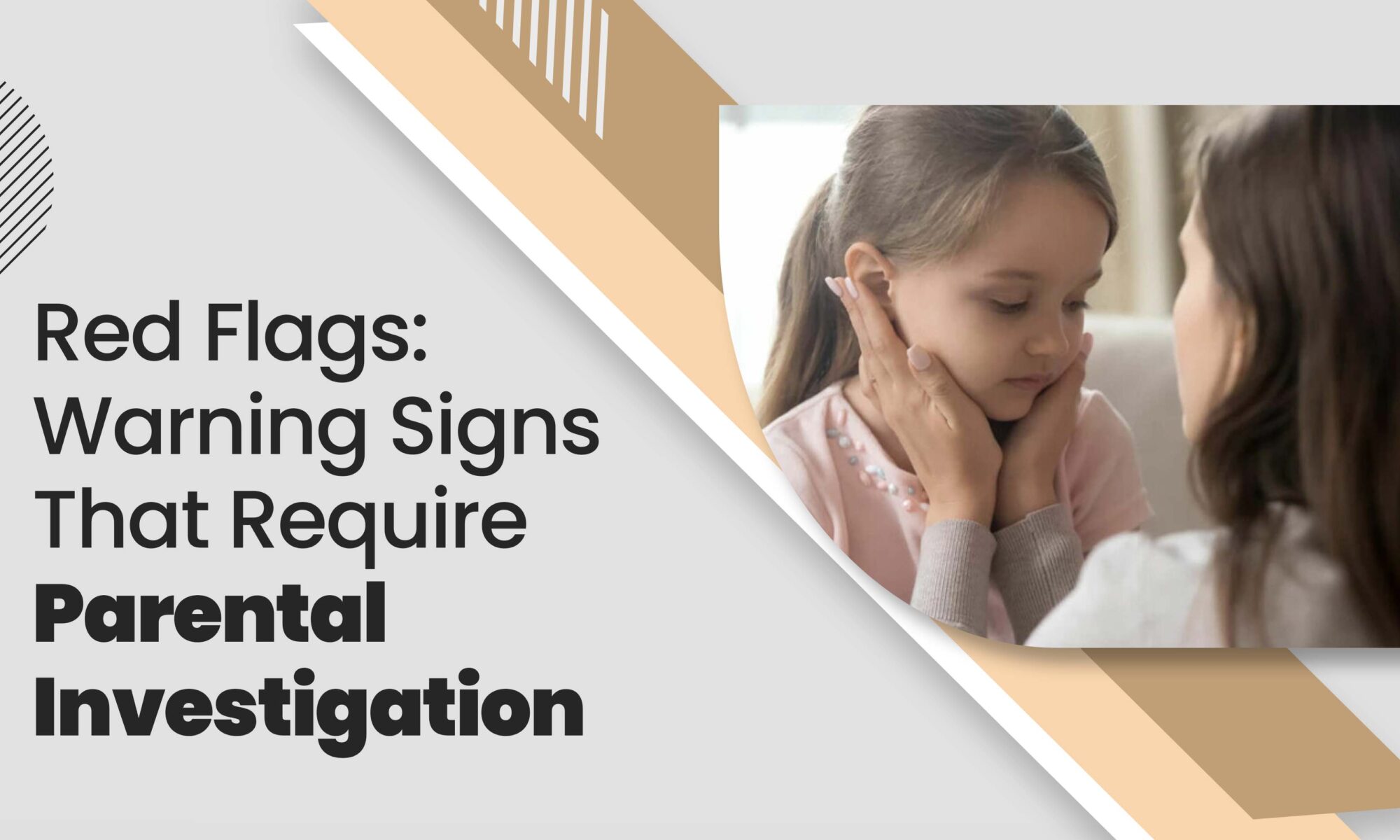The teenage years are a whirlwind of change. It’s a time of self-discovery, exploration, and sometimes, rebellion. As a parent, it can be nerve-wracking to navigate this period, especially when you suspect your teen might be headed down a risky path. In this comprehensive guide, we delve into the warning signs, and offer alternative solutions before considering private investigations.
Understanding the Teenage Brain
The teenage brain is still under development. The prefrontal cortex, responsible for decision-making and impulse control, isn’t fully formed until the early to mid-twenties. This explains why teenagers often make choices that seem reckless or illogical from an adult perspective.
Warning Signs to Watch Out For
While some level of mood swings and social awkwardness is normal during adolescence, certain red flags can indicate deeper issues. Here are some key areas to observe:
- Behavioral Changes:
- A sudden drop in grades or skipping classes.
- Withdrawal from friends and family activities.
- Increased secrecy or defensiveness.
- Rebellious behavior, including defiance of authority figures.
- Running away from home.
- Emotional Shifts:
- Persistent sadness, hopelessness, or anxiety.
- Unexplained outbursts of anger or aggression.
- Difficulty concentrating or sleeping.
- Loss of interest in hobbies formerly enjoyed.
- Self-harm behaviors.
- Physical Changes:
- Unexplained weight loss or gain.
- Changes in sleep patterns, like sleeping excessively or insufficiently, can indicate underlying issues.
- Loss of energy or fatigue.
- Changes in appearance (dressing differently, neglecting hygiene).
- Physical signs of substance abuse (bloodshot eyes, slurred speech, tremors).
- Social Interactions:
- Hanging out with a new crowd exhibiting negative behavior.
- Isolation from previous friends.
- Engaging in risky activities like unprotected sex or drug use.
- Spending too much time online or on social media platforms.
- Being bullied or cyberbullied.
Remember: Not every teenager displaying one or two of these signs is necessarily in trouble. However, a combination of these behaviors, especially a sudden and significant change from their usual personality, warrants attention.
Effective Communication is Key
Keeping communication open and honest is crucial for nurturing a strong and healthy relationship between parents and teenagers. Here are some tips to foster communication:
- Create a Safe Space: Let your teenager know they can come to you with anything, without judgment or punishment.
- Active Listening: Pay attention, avoid interrupting, and try to understand their perspective.
- “I” Statements: Use “I feel” statements to express your concerns, instead of accusatory language.
- Focus on Problem-Solving: Work together to find solutions and offer support, not ultimatums.
- Respect Their Privacy: There’s a difference between privacy and secrecy. Give them space, but remain open to communication.
Building Trust and Openness
Building trust takes time and effort. Here are some ways to strengthen your bond with your teenager:
- Spend Quality Time Together: Engage in activities they enjoy, even if they don’t necessarily thrill you.
- Show Genuine Interest in Their Lives: Ask questions, listen to their thoughts and feelings, and offer support in their passions.
- Be a Positive Role Model: Lead by example and demonstrate the values you want them to adopt.
- Set Clear Boundaries (with Explanation): Set reasonable rules, but explain the reasoning behind them.
- Offer Choices and Consequences: Give them some control over their lives while establishing clear boundaries and consequences for breaking them.
Alternative Solutions Before Private Investigations
Private investigation can be expensive and can strain your relationship with your teenager. Here are some alternative solutions to consider:
- Family Therapy: Family therapy provides a safe space for open communication and helps address underlying issues within the family dynamic.
- Individual Therapy: Therapy can provide a safe space for your teenager to explore their feelings and develop coping mechanisms.
- Support Groups: Connecting with peers facing similar challenges can be a source of strength and understanding for your teenager.
- School Counselors or Social Workers: Schools often have trained professionals who can provide confidential support and resources to your teenager.
Resources for Parents
- The National Alliance on Mental Illness (NAMI): https://www.nami.org/Home offers resources and support groups for families dealing with mental health challenges in teenagers.
When to Consider Professional Help
While open communication and alternative resources are ideal first steps, there are situations where professional help becomes necessary. Here are some signs that indicate a more serious issue requiring intervention:
- Self-Harm: If you discover that your teenager is hurting themselves intentionally, it’s absolutely vital to get them professional help right away. Contact your local crisis hotline or emergency services.
- Substance Abuse: If you suspect your teenager is struggling with substance abuse, don’t hesitate to seek professional help from addiction specialists or rehabilitation centers.
- Legal Issues: If your teenager is involved in legal trouble, involving a lawyer becomes necessary to protect their rights and navigate the legal system.
- Severe Mental Health Issues: Sometimes, teenagers might be dealing with serious mental health problems such as depression, anxiety, or eating disorders. In such cases, therapy and possibly medication from a qualified mental health professional are essential.
Conclusion
In conclusion, being aware of warning signs and staying proactive in addressing them is key to ensuring your teenager’s well-being. Open communication, building trust, and seeking professional help when necessary are key tools in navigating this crucial phase with your teenager. Here are some additional takeaways:
- Focus on Prevention: Open communication, setting clear boundaries, and fostering a positive family environment can go a long way in preventing problems.
- Early Intervention is Key: Addressing issues early on can prevent them from escalating into more serious problems.
- Don’t Be Afraid to Ask for Help: There is no shame in seeking professional support for your teenager or for yourself as a parent.
- You Are Not Alone: Many families face challenges during the teenage years. Resources and support groups are available to help you through this journey.
By understanding the teenage brain, recognizing warning signs, and prioritizing open communication, you can build a strong foundation for supporting your teenager during this crucial period. Remember, your love, support, and guidance are invaluable assets in helping them navigate the complexities of adolescence.


